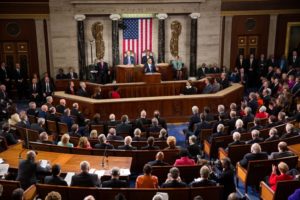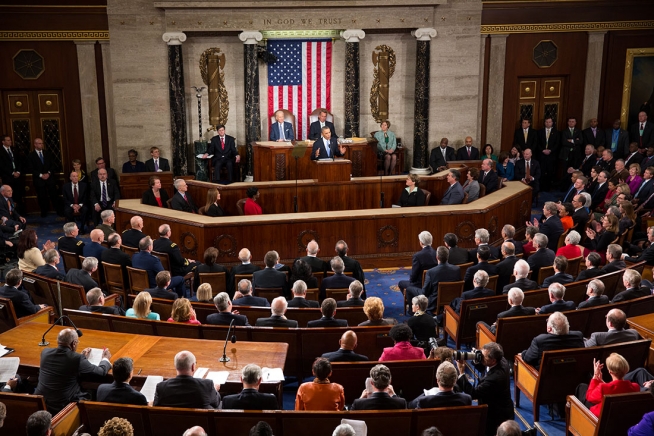Private citizens can now sue the governments of foreign nations…sort of.
On Wednesday, Sept. 28, Congress overrode the president’s veto of “The Justice Against Sponsors of Terrorism Act (JASTA).” This bill would allow private citizens to sue the government of a foreign nation suspected to have supported terrorist acts committed on U.S. soil.

The bill intended to allow the families of those killed in the 9/11 attacks to sue the Saudi Arabian government through the U.S. court system, despite adamant denial from the Saudi Arabian government of any cooperation with terrorist organizations.
Originally, the bill was approved by the House of Representatives on Sept. 9, just two days before the 15th anniversary of the 2001 attacks. It was then vetoed by President Obama on Sept. 23.
President Obama, in an address to Congress, said that the bill would limit the effectiveness of national security and foreign policy professions to deal with foreign governments that had provided support for terrorism, instead placing that responsibility in the hands of private litigants and courts.
He also said that JASTA would “upset long-standing international principles regarding sovereign immunity, putting in place rules that, if applied globally, could have serious implications on U.S. national interests.”
This may also complicate the United States’ relationships with even its closest partners.
Despite the president’s objections, Congress overrode his veto in a near-unanimous decision. The bill passed in the House of Representatives with a 348-to-77 majority and passed in the Senate 97-to-1.
While I’m happy to see a bill pass with nearly unanimous bipartisan support, I can’t help but think that the passing of this bill was an extremely political move. Simply put: it takes a special kind of conviction to oppose a bill touted as the act to bring sponsors of terrorist acts to justice on the 15th anniversary of the deadliest foreign attack on American soil.
The political pressure put on representatives is multiplied when considering that 2016 is a re-election year for up to 88 percent of Congress
Foreign policy is too complex to allow raw emotions to guide an entire country’s political trajectory. Senator Bob Corker, chairman of the Senate Foreign Relations Committee , expressed concern saying “I have tremendous concerns about the sovereign immunity procedures that would be set in place by the countries as a result of this vote.” Risking our tenuous political partnerships with allied nations for the trial of a few supposed terrorists aids simply is not good foreign policy.
Without a doubt, the acts that transpired on Sept. 11, 2001 were horrifying and have left scars on the American psyche for years since. The members of those families affected deserve the country’s support and respect, but that doesn’t mean we should let untrained civilians act as pseudo-diplomats in the pursuit of closure.



